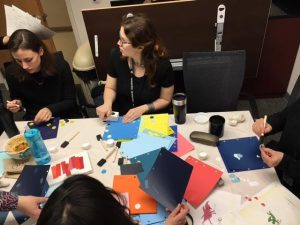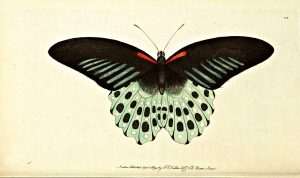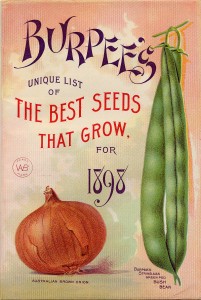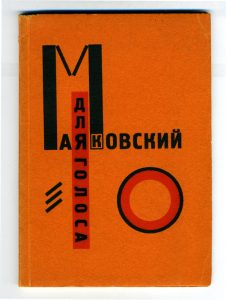
On February 5th, the Smithsonian Libraries presented its first Indoor Recess, a creative lunchtime getaway geared toward museum professionals and educators. Led by Sara Cardello, the Libraries’ education specialist, the monthly Recess events seek to fuse libraries and art. Participants are invited to bring their lunch, listen to a fun story by a museum professional, and make a themed craft. The next Indoor Recess is happening today at noon!



